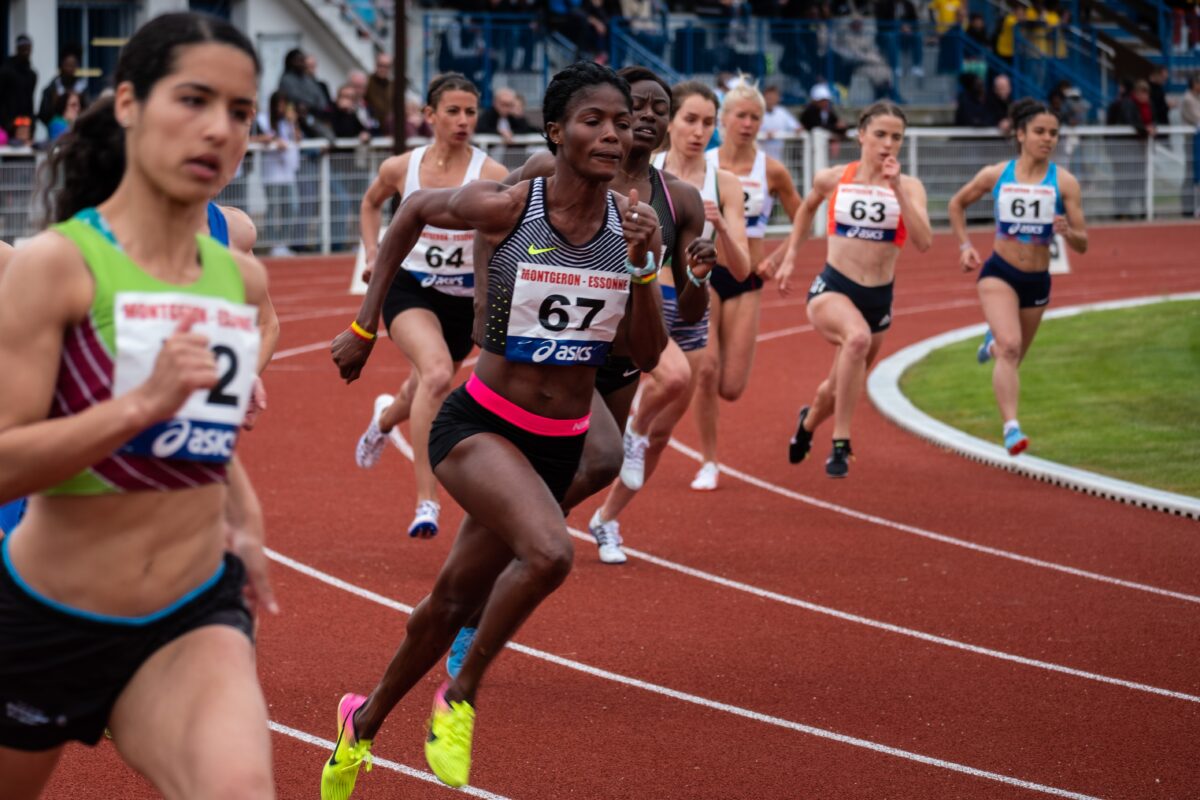SPORTS AND ATHLETICS
Does Vaping Affect Athletic Performance?
The impact of vaping on athletic performance has been a topic of debate. While smoking is widely discouraged among athletes, some argue that vaping is a safer alternative. However, due to the relatively new nature of vaping, many of its risks remain unknown.
The harmful effects of tobacco smoking are well-documented. Research has shown that smoking can speed up the heart rate, narrow the arteries, and increase blood pressure, all of which can limit an athlete’s physical performance. The question then arises: what about vaping?
Athletes are generally advised to avoid habits that may negatively affect their performance and career. Some experts suggest that even using a dry herb vape pen can impact an athlete’s physical capabilities. However, there are also arguments suggesting that vaping can improve athletic performance, particularly in cardiovascular activities. Despite these claims, the notion of vaping and athletic performance remains controversial.
It’s important to note that vaping differs from smoking. Vaping involves inhaling and exhaling aerosols or vapor using a battery-powered device. Vaping devices, such as e-cigarettes, have distinct structures and do not produce the same pungent odor associated with traditional cigarettes. Manufacturers of vaping devices claim that their products contain fewer toxins and harmful chemicals compared to traditional cigarettes, making them a potentially safer option for those seeking to avoid smoking-related diseases.
Moreover, some studies suggest that vaping may have positive effects on athletic performance. For example, it is believed that vaping can improve an athlete’s cardio performance, allowing them to run for longer durations. Additionally, nicotine, a stimulant found in some vaping liquids, can provide an energy boost, improve stamina, enhance mood, and potentially aid in weight control.
However, vaping also carries negative impacts on athletic performance. Frequent vaping can lead to throat irritation, causing coughing and making deep breathing difficult. Some vaping liquids may contribute to dehydration, which can be detrimental to an athlete’s performance. Additionally, the risk of nicotine addiction is a concern, as it can affect an athlete’s overall well-being and potentially lead to rehabilitation programs.
In conclusion, vaping can have both positive and negative effects on athletic performance. Athletes must exercise caution, moderation, and informed decision-making when considering vaping. It’s essential to understand the potential risks and benefits, and consult with healthcare professionals or experts in the field to make informed choices about vaping.

